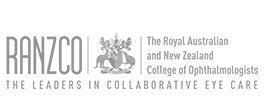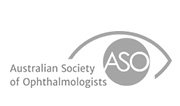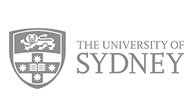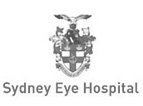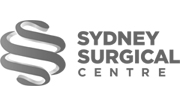Dry Eyes
Dry eye is an extremely common condition characterised by the lack of adequate lubrication of the eyes. Tears play an important role in lubricating and nourishing the outer surface and clear domed window (cornea) of the eye. Tears are composed of water, fatty oils and mucus that keep the eye surface smooth and clear, wash away foreign matter, as well as prevent infection. Affected quality and quantity of the tears may lead to dry eyes.
What are the symptoms of dry eyes?
The symptoms of dry eye can be seen in both eyes and may include red eyes, burning and irritation of eyes, eye fatigue, sensitivity of eye to light, fluctuating vision. Patients with dry eye may face difficulty in wearing contact lenses and may have blurred vision.
What causes dry eyes?
The common causes responsible for the development of dry eye are:
- Poor quality of tears influenced by the composition of oil, water, and mucus in tears,
- Less frequent blinking of the eyelid, as blinking helps in refreshing and spreading the tears. This is most commonly due to continuous periods of screen time. Less commonly there may be an underlying neurological disorder,
- Insufficient tear production after age 50, in postmenopausal womean, in association with medical conditions (diabetes, thyroid disorders, rheumatoid arthritis, Sjogren’s syndrome, and vitamin A deficiency), laser eye surgery, ocular rosacea and damage to the tear gland,
- Abnormalities of the eyelid anatomy,
- Certain medications such as hypertensive drugs, antihistamines, hormone replacement therapy and antidepressants,
- Other causes include exposure to dry wind or dehumidified environments such as offices and airplanes.
What are the possible complications?
Usually dry eye does not produce any serious complications, but it can sometimes lead to increased risk of eye infection, eye inflammation, corneal scarring and vision problems.
How is it diagnosed?
Diagnosis of dry eye involves review of medical history and physical examination of the eyes. Tear volume (Schirmer test) and tear composition (using special dyes) are determined. Strips of blotting paper are placed under your lower lid for five minutes, and measured for the extent to which they are soaked by your tears. A special dye may be instilled into your eyes to view the flow of tears and other surface changes due to dryness. In addition, your eyelid and cornea will be evaluated by using bright light and magnification.
What is the treatment?
The basic approach to treating dry eye is to manage the quality and quantity of tears, concurrently with treating any inflammation present, which contributes to the problem. This is done by using artificial tears, improving the quality of tears, stimulating production of good quality tears, and by conserving tears, The use of artificial tears includes the use of eye drops or ointments to add to the moisture of the eyes. Sometimes specialised medicated eye drops are used in addition to artificial tears. Treatment to the oily layer of the tear film may involve taking specific oral medications, and improving the oil flow to the tear film with home or clinic-based treatment regimes. Dr Chiu uses a ground-breaking treatment using Intense Pulsed Light (IPL) to gently and safely target the fundamental cause of some types of dry eye.
Dr Chiu may also help conserve your tears by surgically blocking the tear ducts with tiny temporary or permanent plugs to reduce tear loss.
Dr Chiu and her team will perform the necessary tests to diagnose and identify the underlying issues in your case, and offer customised treatment tailored to your condition and ongoing progress.
What preventive measures can I take?
Some of the basic instructions to reduce symptoms of dry eyes include:
- Blink frequently
- Maintain adequate humidity in the air at home or workplace
- Wear sunglasses to prevent direct exposure to sun and dry wind
- Take nutritional supplements rich in essential fatty acids
- Drink plenty of water daily



